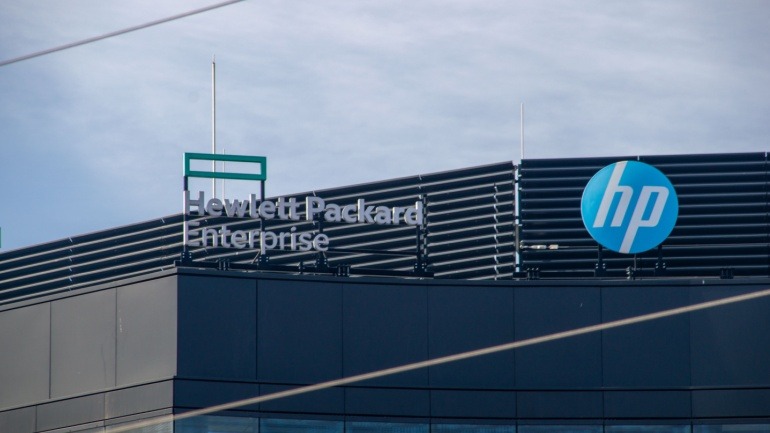Recently, speculation surfaced about T-Mobile US possibly shifting its network equipment supply from Nokia to Ericsson, triggering a significant market response. Dismissing these rumors, a T-Mobile spokesperson stated, “T-Mobile works with both Nokia and Ericsson, who have helped us over the years build the largest and fastest 5G network in the nation. We continue to work with them on ensuring our customers have the best mobile network experience.”
The speculation originated from industry analyst Earl Lum, President of EJL Wireless Research, who suggested a potential shift to Ericsson, citing superior technology offerings. This rumor led to a drastic drop in Nokia’s shares, marking a nearly 12% decline before stabilizing at around 7%. The reassurance from T-Mobile has led to a near 4% rise in Nokia’s shares in pre-market trading.
Compounding the speculation, market trends indicate a shrinking market share for Nokia within the US. Notably, AT&T previously transitioned from Nokia, awarding a $14 billion contract to Ericsson. Similarly, Verizon, another major US carrier, has also leaned towards Ericsson and Samsung to bolster its network infrastructure.
Despite these trends, T-Mobile’s continued collaboration with Nokia is significant. It highlights the intricate considerations companies weigh when selecting technology partners. Such decisions influence network reliability, technological innovation, and cost-effectiveness. Analysts at JPMorgan Chase have noted, “If Nokia were to lose T-Mobile US, it would mean that the technical turnaround promised by Nokia management in its wireless access business has failed.”







